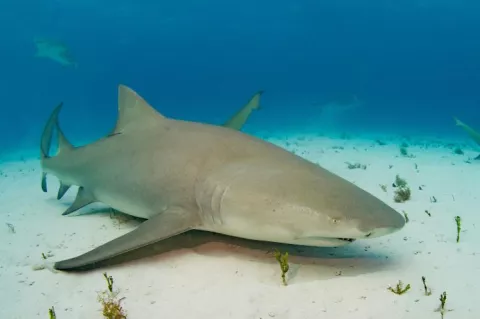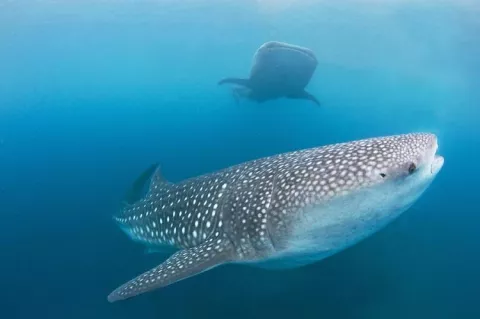Mating sharks and tonic immobility
So I asked leading shark ethologist and behaviourist, Professor Samuel 'doc' Gruber to elaborate. After pointing out how much pain women feel when they give birth, making the point that suffering has no effect on reproduction, he reminded me that sharks evolved their mating behaviours and the physical structures involved, separately from other animals.
- Read more about Mating sharks and tonic immobility
- Log in to post comments














